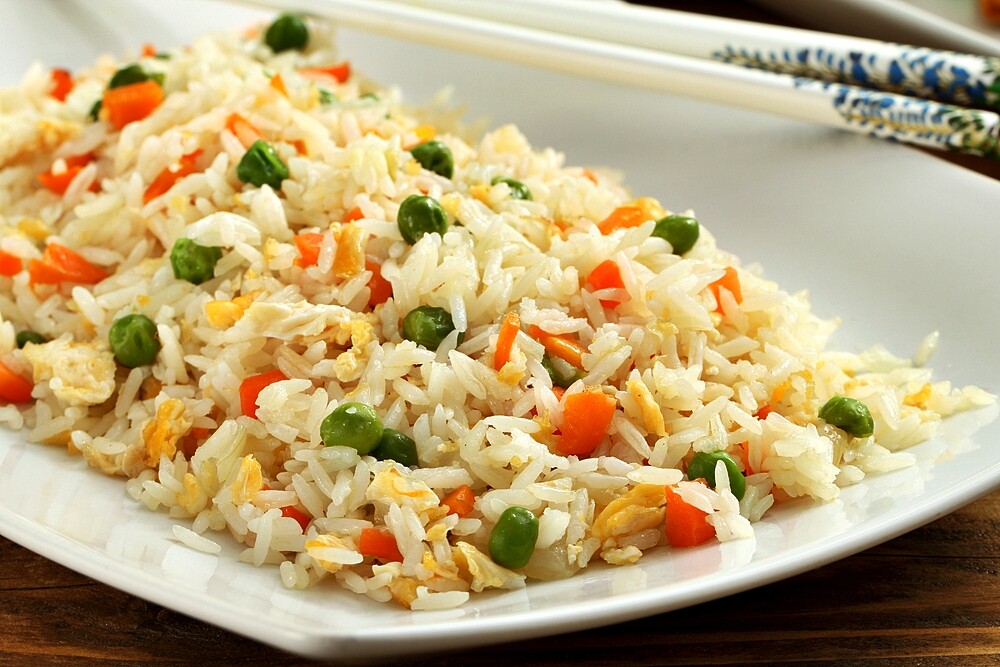A fruit sugar intolerance turns the diet upside down. Fructose-free foods are rare, we introduce them to you and reveal other well-tolerated foods.
With fructose intolerance (FI), fructose cannot be digested properly by the body. This results in symptoms such as flatulence, diarrhoea and abdominal pain, which are extremely unpleasant for the person affected. Fructose intolerance: What can I eat? This is a legitimate question, as fructose is found in many foods, such as fruit and vegetables and sugar (sucrose).
What to eat with fructose intolerance
The amount tolerated is different for each individual, so it is important to find out what and how much the individual can tolerate. There is only one way to find out: testing. A diet diary is useful to find out when symptoms occur and when they do not. During the waiting period, fructose should be avoided or at least reduced to the minimum, for about two to four weeks at most. Afterwards, foods containing fructose are gradually added to the diet and tested.
Fructose-free foods in the diet
There are very few foods that are naturally fructose-free:
- Tea
- Water
- Herbs
- Noodles
- Rice
- Fish
- Meat
- Eggs
- Oils and fats
Usually a certain amount of fructose is tolerated, but the tolerance level is different for each one. In most cases, fructose is better tolerated if glucose is absorbed at the same time. Glucose promotes the absorption of fructose, so fruit varieties that contain both in a favourable ratio are also well tolerated.
These varieties are considered to be well tolerated:
Fruit
- Bananas
- Pineapple
- Mandarins
- Strawberries
- Raspberries
- Papaya
- Red currants
- Lemon
Vegetables
- Avocado
- Carrots
- Tomatoes
- Rhubarb
- Spinach
- Swiss chard
- Pumpkin
- Courgette
- Fennel
- Celery
Milk, some types of cheese and natural yoghurt are usually well tolerated, unless you are lactose intolerant. If you would like to nibble on cookies, chocolate or anything else for dessert, you will also find products specially designed for a low-fructose diet. These are often sweetened with dextrose and/or malt sugar and not with crystal sugar.
Special feature hereditary fructose intolerance
Hereditary fructose intolerance (HFI) is a hereditary form that is congenital. In this case no fructose is tolerated at all and must therefore be avoided completely.
Caution with finished products
In case of an incompatibility, always have a look at the list of ingredients. With these it is important to be particularly attentive:
- Fructose/fructose
- Honey
- Inulin
- Fructose-glucose syrup
- Cornstarch syrup
- Sugar substitute (sugar alcohols)
Sugar substitutes, such as sorbitol or xylitol, are found in light products (including beverages!) or chewing gum, for example. Sorbitol (E420) also occurs naturally in some fruits (e.g. plums or cherries) and blocks the absorption of fructose, so it is best to avoid it.
Alternative ways of sweetening foods include rice, tapioca or spelt syrup, cereal sugar and dextrose.

